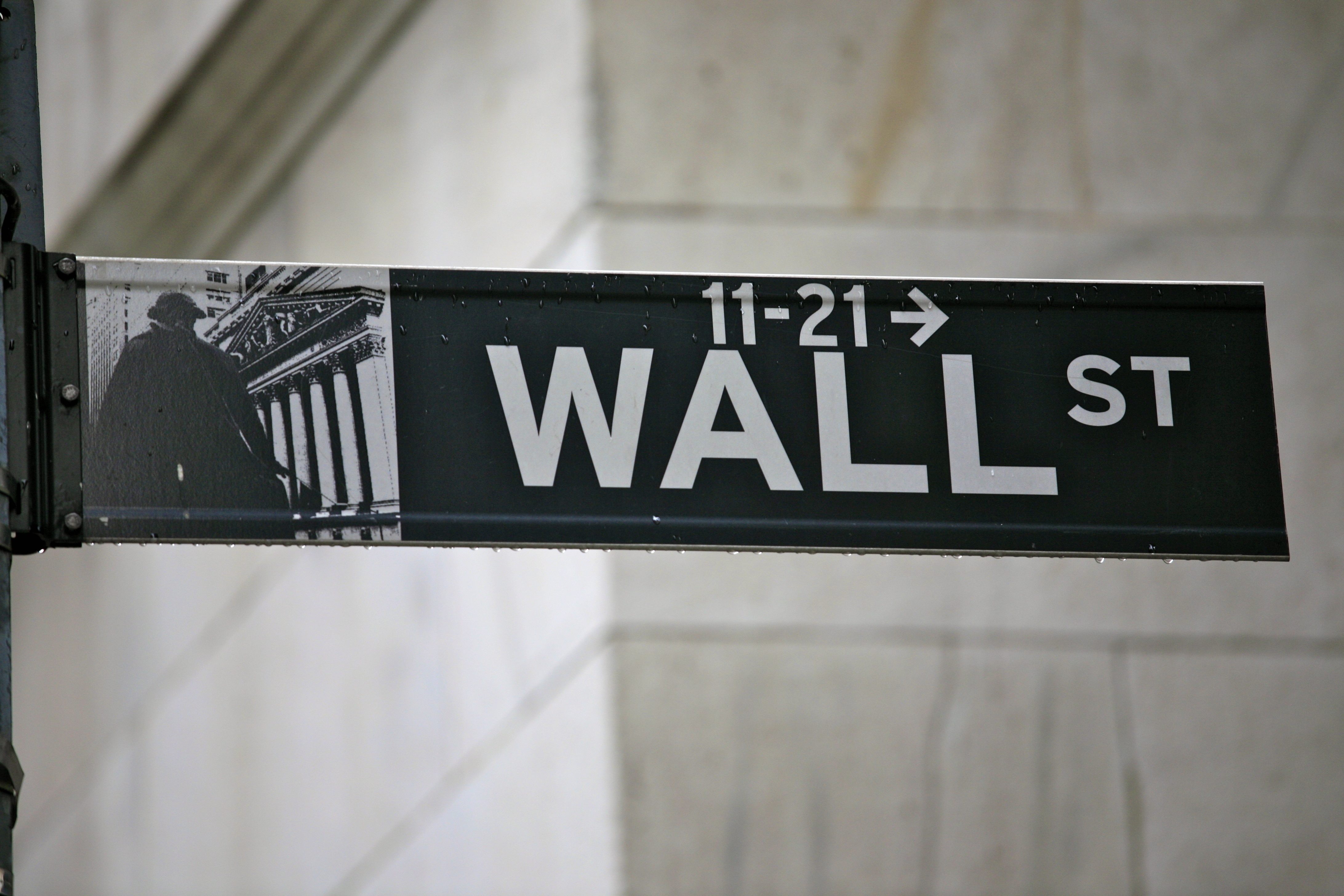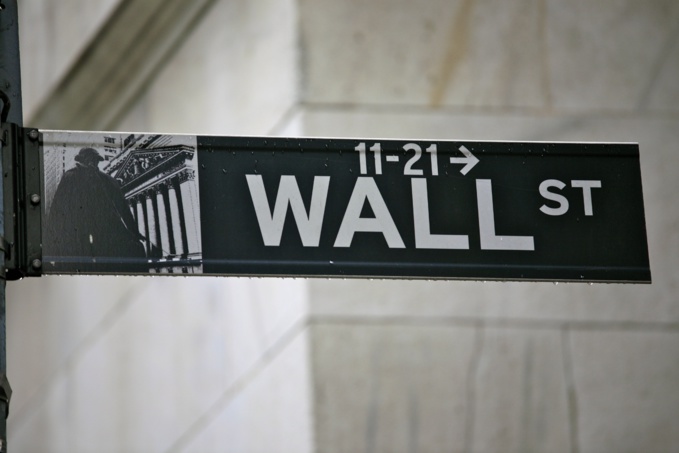2018 is nearing its end, so it's time to find out which companies showed the best results and which remained among the losers.
The health sector has become a leader this year. And this is not surprising, given the amount of innovations in the field of biotechnology and the favorable demographic situation in the United States that support investor interest in this sector.
The second place was taken by the energy sector (Utilities), whose companies traditionally become a “safe haven” for investors in times of uncertainty in the market. As history shows, this sector managed to exceed the S&P 500 index during most long-term periods, which indicates its importance. Such companies are less susceptible to crises due to necessity and indispensability of the products they produce. The good state of affairs in the sector is supported by friendly attitude of state bodies.
Many analysts expect the S&P 500 to increase earnings per share by 23.6% compared with last year (mostly due to the fact that the corporate income tax rate was reduced from 35 to 21%).
According to many analysts, growth in sales and profitability will slow next year. Nevertheless, by 2020, the performance of most sectors should improve.
Advanced Micro Devices Corp. has shown the best results, especially considering the extent, to which chip makers are subject to volatility. This year, the company's shares have more than doubled, although in the fourth quarter they fell by 32%, as the entire information technology sector fell by 11%.
As for FAANG companies (Facebook, Amazon, Apple, Netflix and Google, a subsidiary of Alphabet), despite the astounding success of corporations at the beginning of the year, in recent months their shares have fallen by more than 20% from recent peaks, sending the former leaders to the bear market.
For a long time FAANG have been universal “favorites” and market drivers. Now, however, investors are betting further reduction of the companies' papers for a purely psychological reason. Many are trying to avoid so-called “bargains” among falling stocks, the value of which could be inflated.
There are also unexpected news. General Electric showed not the worst dynamics for the current year. Coty, a French-American manufacturer of cosmetic products, has become the main loser.
Shares of the company have been steadily falling since February. On November 12, Coty was taken over by Pierre Laubies, formerly the CEO of the Dutch beverage company Jacobs Douwe Egberts. The change of management occurred after the failure of the financial statements of the company, the results of which affected the dynamics of the shares - during one trading session, the value fell by 23%.
source: bloomberg.com
The health sector has become a leader this year. And this is not surprising, given the amount of innovations in the field of biotechnology and the favorable demographic situation in the United States that support investor interest in this sector.
The second place was taken by the energy sector (Utilities), whose companies traditionally become a “safe haven” for investors in times of uncertainty in the market. As history shows, this sector managed to exceed the S&P 500 index during most long-term periods, which indicates its importance. Such companies are less susceptible to crises due to necessity and indispensability of the products they produce. The good state of affairs in the sector is supported by friendly attitude of state bodies.
Many analysts expect the S&P 500 to increase earnings per share by 23.6% compared with last year (mostly due to the fact that the corporate income tax rate was reduced from 35 to 21%).
According to many analysts, growth in sales and profitability will slow next year. Nevertheless, by 2020, the performance of most sectors should improve.
Advanced Micro Devices Corp. has shown the best results, especially considering the extent, to which chip makers are subject to volatility. This year, the company's shares have more than doubled, although in the fourth quarter they fell by 32%, as the entire information technology sector fell by 11%.
As for FAANG companies (Facebook, Amazon, Apple, Netflix and Google, a subsidiary of Alphabet), despite the astounding success of corporations at the beginning of the year, in recent months their shares have fallen by more than 20% from recent peaks, sending the former leaders to the bear market.
For a long time FAANG have been universal “favorites” and market drivers. Now, however, investors are betting further reduction of the companies' papers for a purely psychological reason. Many are trying to avoid so-called “bargains” among falling stocks, the value of which could be inflated.
There are also unexpected news. General Electric showed not the worst dynamics for the current year. Coty, a French-American manufacturer of cosmetic products, has become the main loser.
Shares of the company have been steadily falling since February. On November 12, Coty was taken over by Pierre Laubies, formerly the CEO of the Dutch beverage company Jacobs Douwe Egberts. The change of management occurred after the failure of the financial statements of the company, the results of which affected the dynamics of the shares - during one trading session, the value fell by 23%.
source: bloomberg.com



















